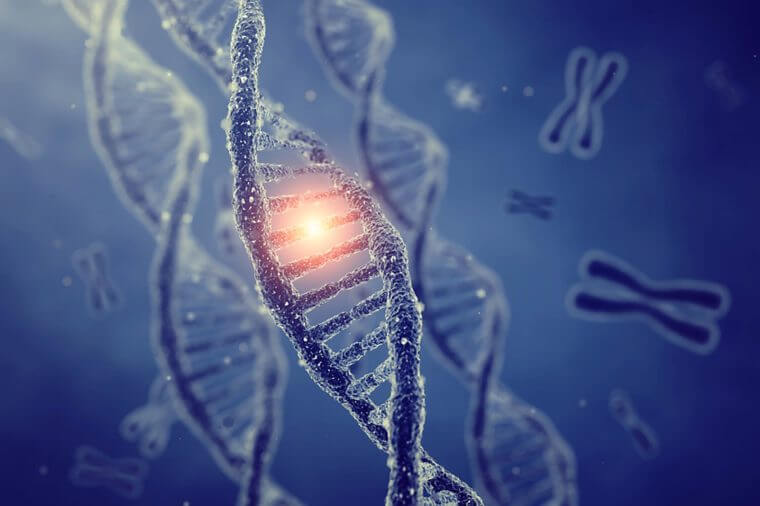If you maintain a balanced diet and work exercise into your daily routine, you’re less likely to gain weight. This conventional wisdom is, well, wise. But a new study may have found a new quirk in someone’s likelihood to become obese, a quirk on the genetic level.
As reported by Men’s Health, a new study published in the Proceedings of the National Academy of Sciences found a link between ankyrin-B and a higher risk of rapid fat cell developed. The gene causes fat cells to absorb glucose at a much faster rate than usual, which in turn causes the cells to double in size.
“This gene could enable us to identify at-risk individuals who should watch what kind of calories they eat and exercise more in order to keep their body weight under control,” senior study author Vann Bennett, M.D., Ph.D., said in a statement.
The gene is carried by millions of Americans (more than half of all Americans have been considered obese at one point in their lives) and disproportionately affects African-Americans, who are born with the gene at a rate of 8.4 percent, as opposed to the Caucasian rate of 1.3 percent. Bennett labeled the resultant increase in Body Mass Index (BMI) as “fault-free obesity,” and at one point, the obesity inclination may have proved crucial for early humans.
“We believe this gene might have helped our ancestors store energy in times of famine,” Bennett stated, “In current times, where food is plentiful, ankyrin-B variants could be fueling the obesity epidemic.”
The study was conducted on mice, but still provides the crucial first step to understanding the ankyrin-B gene. Although a treatment is not currently available to counteract this gene, the advent of gene-editing technologies like CRISPR certainly put the medical community closer to dealing with this problem than in decades past.












